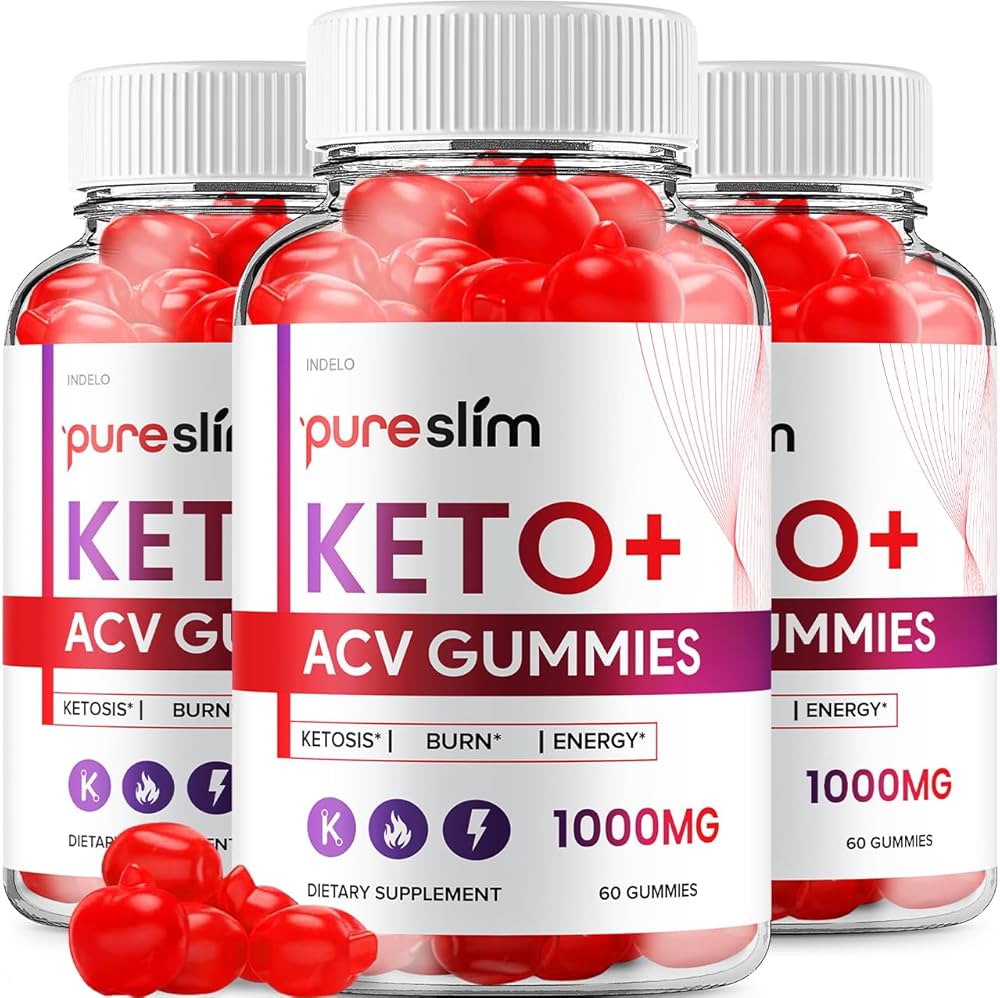Apply Now
Essential Guide to Zero Sugar vs. Diet Drinks in 2025
With 2025 approaching, the beverage industry continues to evolve, especially in the realm of health-conscious choices like zero sugar drinks and diet beverages. Understanding the differences between these two categories is critical for making informed consumer decisions and aligning them with your health goals. As the public becomes increasingly aware of nutrition, the market for sugar-free beverages is expanding rapidly, paving the way for numerous choices. In this article, we’ll delve into the nuances of zero sugar alternatives versus traditional diet drinks, exploring their health benefits, flavor profiles, and their impacts on dietary choices.
As many people shift towards a healthier lifestyle, it's essential to examine not just the taste and marketing, but also the actual benefits and implications of these beverages. This article will provide a comprehensive nutritional comparison, discuss the metabolic effects on the body, and how each beverage plays a role in achieving weight loss goals. The key takeaways will include insights on making better beverage choices, understanding food labeling, and debunking diet misinformation.
Understanding Zero Sugar and Diet Drinks
The beverage industry has popularized both zero sugar and diet drinks, creating a plethora of options for consumers. Zero sugar beverages contain no added sugars, while diet drinks often use artificial sweeteners to reduce their caloric content. These beverages are marketed towards individuals aiming for a guilt-free option without sacrificing flavor.
Defining Zero Sugar Beverages
Zero sugar beverages encompass a wide range of drinks that don’t contain any form of sugar. These drinks are often free from calories, making them appealing for those on weight management journeys seeking zero-calorie options. They provide a sweet taste without the risks associated with high sugar consumption. Popular examples include flavored sparkling waters and various soft drinks that emphasize their zero sugar status.
Furthermore, zero sugar beverages are often naturally flavored, using sweetener alternatives that don't affect blood sugar levels. This makes them an attractive option for individuals with dietary restrictions such as diabetes, allowing them to enjoy a variety of refreshing drinks without the associated health risks of sugar-laden options.
Analyzing Diet Drinks
Diet drinks, primarily consisting of sodas and energy drinks, typically contain artificial sweeteners to replicate sweetness without added calories. These beverages are often perceived as a healthier alternative to their sugary counterparts and are designed for those aiming for calorie reduction while enjoying distinctive flavor profiles.
However, the use of artificial sweeteners remains hotly debated. Some studies suggest that while diet drinks help in cutting calories, they may inadvertently affect gut health and metabolic effects by altering gut flora. Understanding the nutritional value of diet drinks is essential for making informed choices, especially for consumers looking to maintain a healthy lifestyle.
Nutritional Comparison: Zero Sugar vs. Diet
When looking closely at the nutritional content, both zero sugar beverages and diet drinks show significant differences and benefits.
Calorie Count and Sugar Content
One of the most notable differences between zero sugar and diet drinks is their calorie count. Zero sugar options usually boast a calorie count of zero, addressing concerns for those on a strict calorie-restricted diet or ketogenic diet. Conversely, diet drinks generally have a low calorie count but may still contain trace amounts of carbohydrates derived from artificial sweeteners.
Understanding the sugar content is equally vital. With zero sugar beverages, consumers are guaranteed a product free from sugars, which plays a crucial role in maintaining balanced blood sugar levels and cardiovascular health. On the other hand, diet drinks, while low in sugar, can still trigger cravings and lead to swings in insulin levels if consumed excessively.
Metabolic Effects and Health Implications
The impacts of these drinks on metabolism span across much of the dietary literature. Zero sugar beverages, being free from artificial ingredients, tend to have a less profound effect on metabolic processes compared to diet drinks. Diet drinks that contain artificial sweeteners may interfere with the body's ability to recognize and regulate caloric consumption. This can sometimes lead to overeating, counteracting their intended benefits.
Moreover, it’s essential to consider the additional effects on gut health. Certain studies indicate that diet drinks, particularly those with specific artificial sweeteners like aspartame, may negatively affect gut flora. Participants who consume these beverages should be mindful of these potential risks in relation to their overall wellness journey.

Choosing Between Zero Sugar and Diet Drinks
With numerous options available, making a decision on which to incorporate into your diet can be perplexing.
Flavor Profiles and Consumer Preferences
Consumer choice largely hinges on the flavor experience these beverages offer. Zero sugar beverages often utilize natural flavors, leading to a different taste experience compared to the more artificial tastes found in many diet drinks. Some individuals prefer the brighter, more authentic flavors of zero sugar options, while others may gravitate towards the familiar taste of diet sodas they’ve grown up with.
Consider also the beverage marketing trends that influence consumer perceptions. Advertisements touting health benefits may sway opinion, but it’s important for consumers to examine nutritional labels critically to uncover the truth behind marketing claims.
Implications for Dietary Preferences
Balanced eating necessitates informed beverage choices. Both zero sugar and diet beverages have their advantages, but aligning them with dietary preferences is crucial. For individuals monitoring their carbohydrate intake or adhering to a ketogenic diet, zero sugar options provide a safe choice without impacting fitness goals. On the other hand, those who seek a low-calorie option for occasional indulgence may find satisfaction in diet drinks.
It’s essential to be aware of dietary substitutions as well. Incorporating drinks like herbal teas and caffeine-free choices can achieve hydration without the risk of calories or artificial sweeteners, appealing to those focusing on clean eating and overall wellness.
Health Benefits and Considerations
Understanding the health benefits of both zero sugar and diet drinks can empower informed choices.
Potential Health Benefits of Zero Sugar Drinks
Zero sugar beverages may provide unique advantages, particularly for cardiovascular health and blood sugar management. By eliminating sugar entirely, they mitigate the associated risks of obesity, diabetes, and heart-related conditions linked to excessive sugar intake.
Additionally, many of these choices are infused with vitamins or probiotics, which can enhance gut health and overall well-being, making them solid entries in your hydration strategies.
Health Risks and Diet Drinks
Conversely, while diet drinks offer low-calorie benefits, their long-term health implications may lead to hazards if consumed in high quantities. Some artificial sweeteners have been linked to increased cravings and potential addiction to sweetness, complicating efforts toward mindful eating and moderation.
Prudent consumption is vital; incorporating these beverages as part of a balanced diet will yield better results in weight management and overall fitness.

Practical Tips for Mindful Beverage Choices
In summary, navigating the world of zero sugar and diet drinks in 2025 necessitates a critical approach.
Hydration Strategies for a Healthy Lifestyle
Prioritize hydration with the right beverage choices by avoiding sugary sodas and overly sweetened drinks. Combating misinformation about diet beverages can help you make informed decisions that align with your dietary goals and lifestyle preferences.
Additionally, consider implementing alternatives like infused water or herbal teas, which offer flavor enhancement without added sugars or calories.
Understanding Food Labeling for Informed Choices
Read nutritional labels diligently to differentiate between zero sugar and diet drinks, as manufacturers may use terminology that misleads consumers. Being aware of sweetener alternatives used in beverages can help you choose options that resonate with your health philosophy.
Monitor calorie counts and be mindful of artificial sweeteners; consumers should aim for balance and moderation to ensure better health outcomes over time.
Final Thoughts: Navigating Your Beverage Choices
As the consumer landscape evolves, staying informed about zero sugar vs. diet drinks will help you navigate choices tailored to your unique health goals. Whether you're interested in understanding the impact of artificial sweeteners, the importance of hydration, or the flavor profiles of available drinks, being mindful of your beverage choices is essential.
Stay committed to your wellness journey and enjoy the refreshing drinks that align with your dietary preferences and lifestyle.
Its part of generated content. Can i generate another part?


